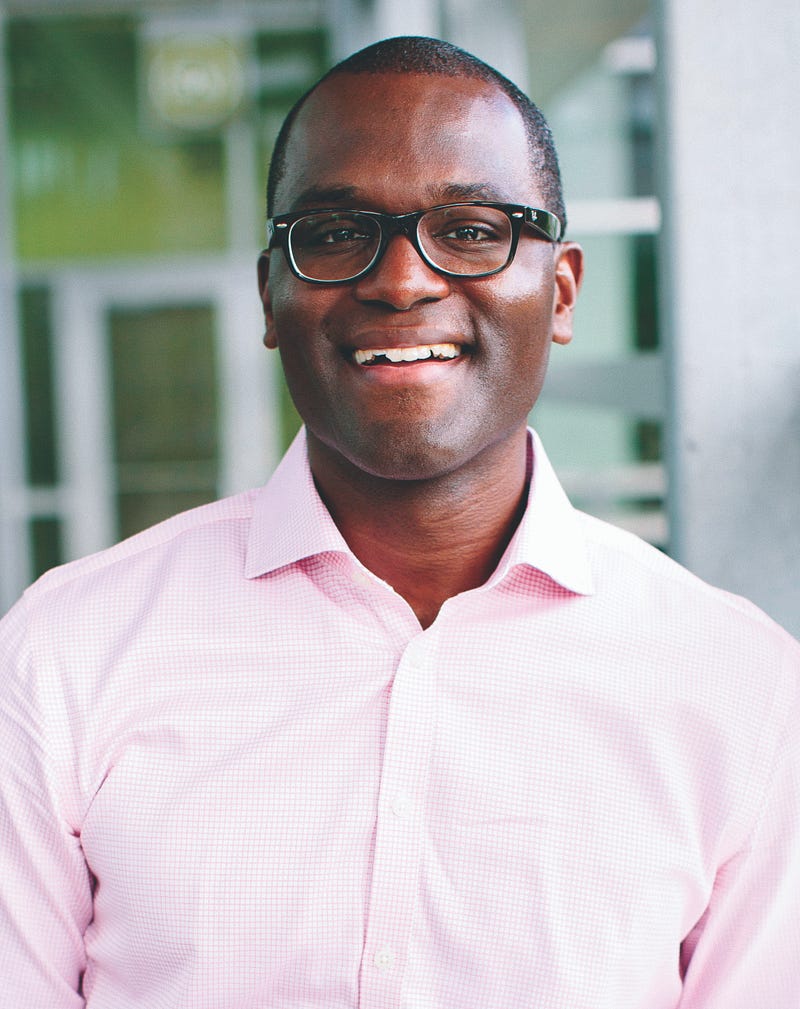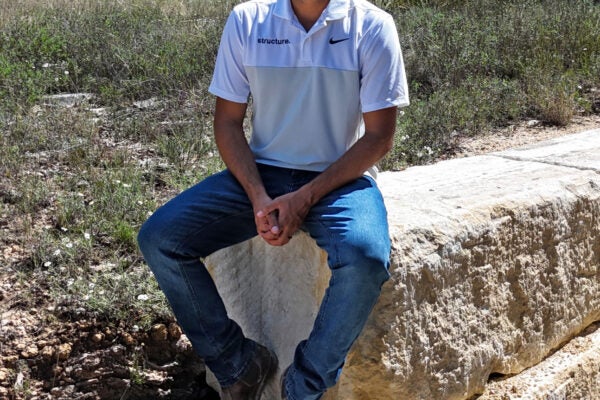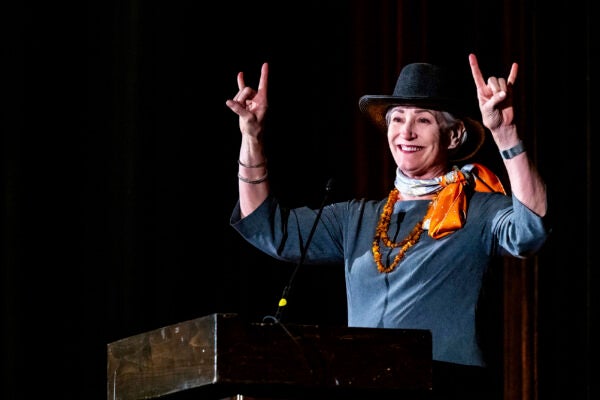Making Better Decisions
A new course explores bias and stereotyping in marketing

In the wake of George Floyd’s murder in police custody and America’s scrutiny of social justice, Andrew Gershoff and Steven Brister asked how they could respond in their roles as chair and assistant chair of the Department of Marketing at Texas McCombs.
Knowing how marketing influences societal attitudes and behaviors on diversity and inclusion, they sought input from their colleagues and
drafted a list of marketing decisions that have perpetuated stereotypes, normalized biases, and led to inequitable access to goods and services. Examples abound in famous brands and mascots (Aunt Jemima, Land O‘Lakes, Washington Redskins), gender-based pricing (“pink tax”), tolerance of hate symbols (Confederate flags at NASCAR), and the role of redlining in location decisions.
With help from a seed grant from Actions that promote Community Transformation (ACT), an initiative of the Provost’s Office at UT Austin, they proposed a new course that would help students think about marketing’s role in these issues.
Enter Trenzio Turner, a member of the McCombs advisory council for the M.S. in Marketing program. Armed with 20 years of experience in marketing and advertising with Fortune 500 clients, including campaigns that involve race
and gender bias, he was looking for an opportunity to teach.
Using the proposal as inspiration, he created a course from scratch that launched in spring 2021. Bias and Stereotyping in Marketing, a one-credit-hour elective, was first offered to BBA students, and a few weeks later, to graduate students in McCombs’ M.S. programs.
“Many top business programs do offer courses that examine related topics such as multicultural marketing, corporate social responsibility, stakeholder value, and employee diversity,” says Gershoff. “Departments of anthropology, sociology, and public policy also offer courses that address some of these issues. What’s special here is we are offering our students an explicit focus on the role of marketing decisions on bias and inclusiveness.”
Foundational to Turner’s class is empathy, which he defines as “putting yourself in someone else’s shoes to understand their situation, beliefs, concerns, and motivations in order to generate a reaction that solves a problem.” Calling empathy “corporate America’s secret weapon,” Turner discusses how it permeates today’s brand messaging and company culture, and how the best products and services are being developed through an empathetic lens.
Millennials and Gen Z, he adds, are driving the train. “What a company stands for — what its values are as a brand — is critically important to this generation, and, in fact, directly correlates to the company’s bottom line,” says Turner.
Mariana Muñoz, who attended Turner’s class as part of her M.S. in Marketing degree this past spring, says she thinks the course material is important enough to be required for all marketing majors. She recalled the swift backlash to the Las Vegas Raiders “I can breathe” tweet when she was taking the class, and how it exposed the consequences of not vetting content through inclusive decision channels.
“The best advice Professor Turner gave us,” she adds, “is that it’s not our job to make people feel comfortable. They need us — a diverse team — in the room to help them make good business decisions.”
Gershoff concurs. “These are issues that big business is grappling with daily. Preparing students to think about solutions is going to make them better employees and work better for the business.” MBA students will have a chance to take the current version of this class this fall. Plans are underway to expand the class to a three-credit- hour version for undergraduates next
year. — Matt W. Turner
This article appeared in the summer 2021 issue of McCombs magazine. Click on the link to see the full issue.
About this Post
Share:


